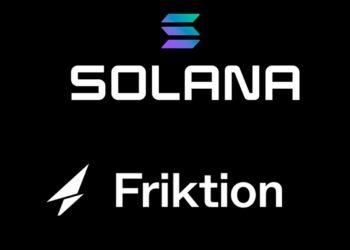According to Eric Chen, CEO of Injective Labs, “DeFi has proven to be a durable and trustworthy option for users in the face of the general CeFi collapse in 2022.”
Injective, a layer 1 blockchain protocol founded in 2018, has raised $150 million in ecosystem funding to support developers building on the Cosmos network.
The so-called ecosystem group is backed by a large consortium of venture capitalists including Pantera Capital, Kraken Ventures, Jump Crypto, Kucoin Ventures, Delphi Labs, IDG Capital, Gate Labs, Flow Traders, and his Web3 companies. According to Injective, the consortium is the largest within the broader Cosmos ecosystem.

Developers selected for the fund will receive support through mentoring, technical support, business development and marketing, as well as “coordinated token and equity investments,” Injective said. Projects building decentralized finance (DeFI) and interoperability infrastructure will be given top priority. Projects are also being funded to build trading platforms, scalability solutions, and proof-of-stake infrastructure.
Injective Labs co-founder and CEO Eric Chen told Cointelegraph when asked about how the funds will be distributed. We have a certain number for funding,” he added:
“[I]n terms of stage, the group is primarily targeting early-stage projects (seed to Series B), but follow-on funding can also be considered on a case-by-case basis. The size of the funding awarded will vary depending on the stage and needs of the project, to provide the right level of support for each project to succeed.”
Injective, also known as the Injective Protocol, is a decentralized smart contract platform built with the Cosmos SDK, a development kit that facilitates faster and cheaper infrastructure than Ethereum. According to Chen, Cosmos offers more versatility, customization options, and horizontal scalability than other blockchains.
Cosmos has a market capitalization of approximately $3.7 billion and is the 20th largest blockchain network.
Defi entered public debate in the summer of 2020, with several high-profile projects kicking off the cryptocurrency bull market on the heels of Bitcoin’s four-year halving. Although his DeFi activity has slowed over the past year, the sector remains largely unaffected by the problems plaguing centralized financial platforms (CeFi platforms).
“The decentralized nature of DeFi protocols increases the transparency and actual ownership of funds, which will always be a key advantage over centralized fundraising,” Chen continued.


















